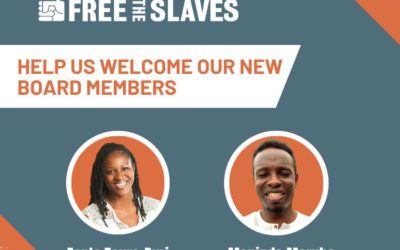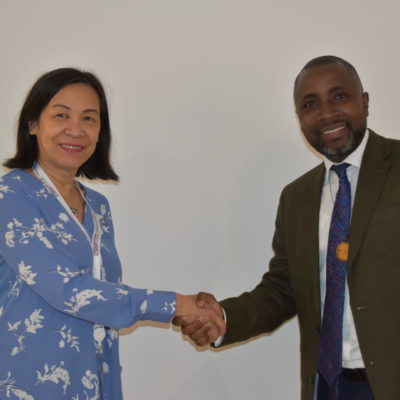Free the Slaves 2010 William Wilberforce Freedom Award winner is featured on Huffington Post! Roger Plant headed up a special branch of the UN’s International Labor Organization dedicated to combatting slavery. His first order of business was to count the number of people enslaved around the world. Read his story here:
Via Huffington Post:
You can think of Roger Plant as history’s most unusual census taker. As head of a UN agency task force, he set out to count the number of slaves in the world today. The premise: you can’t cure it if you can’t count it. His global estimates of slavery — and of the profits made by slave holders — have helped forge a worldwide governmental response.
“There’s a tremendous amount of good will around in the world,” Roger says. “Our job is to mobilize the good will against the bad.”
Roger is a restless man who relishes a daunting challenge. He was a child math whiz, and he learned other qualities in British boarding school that would help him focus his energy for good.
“The Jesuits were a very important motivating force in my life,” Roger says. “The Jesuits are rigorous. The Jesuits are disciplined. But the Jesuits, I think, are also impatient. I was brought up and taught early in life to want to give everything I’ve got to achieve social justice.”
Fresh from Oxford University with a degree in international development, Roger was on the front lines of activism in Latin America. He researched death squads in Guatemala and a coup in Chile. He counted the number of political prisoners in Cuba. He encountered slavery in the sugar plantations of the Dominican Republic. Talking with slaves and survivors touched his heart.
“The important thing is not to underestimate the pain, the pain can be absolutely terrible,” Roger says. “But always recognize that this is somebody who’s now got a chance to be fully liberated as a full human being again. I’m there to listen, to learn, to see if I can be of any help.”



